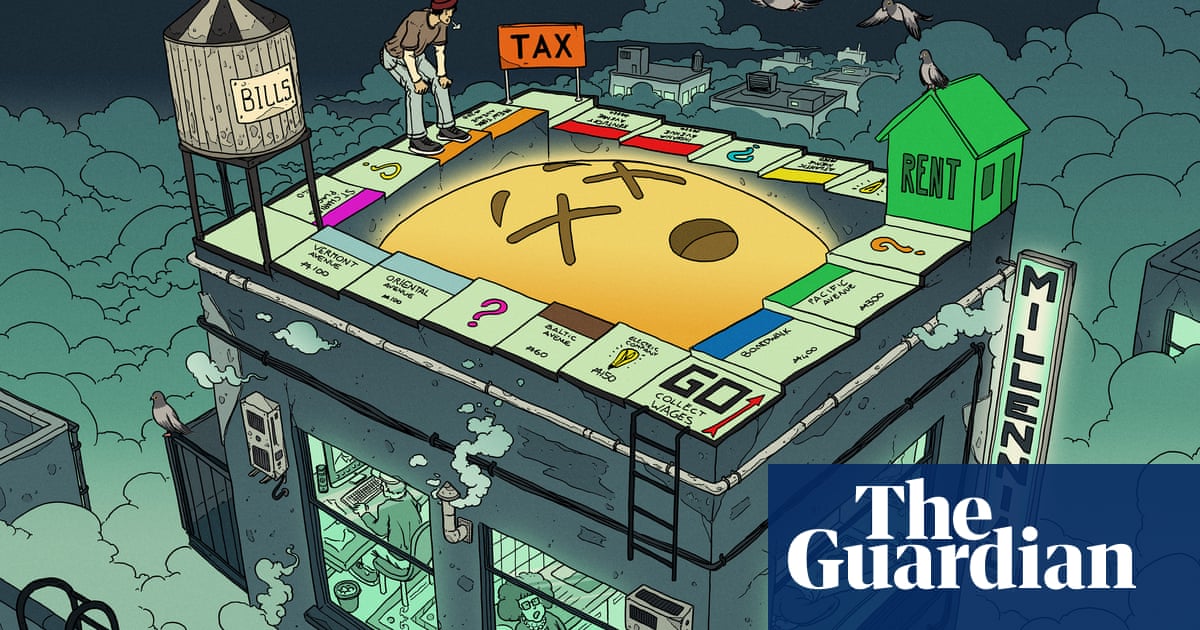- cross-posted to:
- [email protected]
- cross-posted to:
- [email protected]
Claire*, 42, was always told: “Follow your dreams and the money will follow.” So that’s what she did. At 24, she opened a retail store with a friend in downtown Ottawa, Canada. She’d managed to save enough from a part-time government job during university to start the business without taking out a loan.
For many years, the store did well – they even opened a second location. Claire started to feel financially secure. “A few years ago I was like, wow, I actually might be able to do this until I retire,” she told me. “I’ll never be rich, but I have a really wonderful work-life balance and I’ll have enough.”
But in midlife, she can’t afford to buy a house, and she’s increasingly worried about what retirement would look like, or if it would even be possible. “Was I foolish to think this could work?” she now wonders.
She’s one of many millennials who, in their 40s, are panicking about the realities of midlife: financial precarity, housing insecurity, job instability and difficulty saving for the future. It’s a different kind of midlife crisis – less impulsive sports car purchase and more “will I ever retire?” In fact, a new survey of 1,000 millennials showed that 81% feel they can’t afford to have a midlife crisis. Our generation is the first to be downwardly mobile, at least in the US, and do less well than our parents financially. What will the next 40 years will look like?



The lesson here is do the calculations for your area. There are a lot of “buy vs rent” calculators online.
Yeah, I bought fairly recently (as interest rates were starting to climb) and it was 100% a qol decision rather than a financial one. I’m paying more in interest now than I was paying in rent before, so instead of giving my money away to a landlord, I’m giving it away to my mortgage company.
The only way I’ll come out ahead financially is if the value goes up. But I have mixed feelings on that, too, because the housing situation is fucked here and value continuing to go up will mean that the situation is still fucked. I don’t want this place to be my home forever, so if the price here goes up, then the price of better places will also go up and it ends up being a wash until I don’t need to own and can sell, but even that would be tough because inheritance is probably going to be my daughter’s only way of ever owning her own place.
Or, on the other hand, if they fix the housing issue here by limiting the number of residences any person can own and barring corporations from owning at all (or at least not having them count as new people for number of places they can own), then prices will crash and most people who currently has a mortgage will end up owing more than their house is worth and will still be fucked in that way. Unless the government makes the banks eat some of that or does a bailout for homeowners.
But anything in the above paragraph would probably take a revolution to actually happen because all of these bugs for regular people are features for those that have the wealth to influence the political power.
Or best option, rather than a crash we massage the housing market into stagnation for a decade or two with a combination of increased supply and gradual regulation. Stagnation in housing prices will over time let wages catch up.